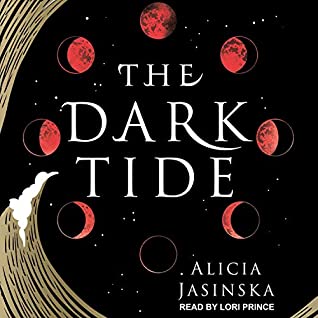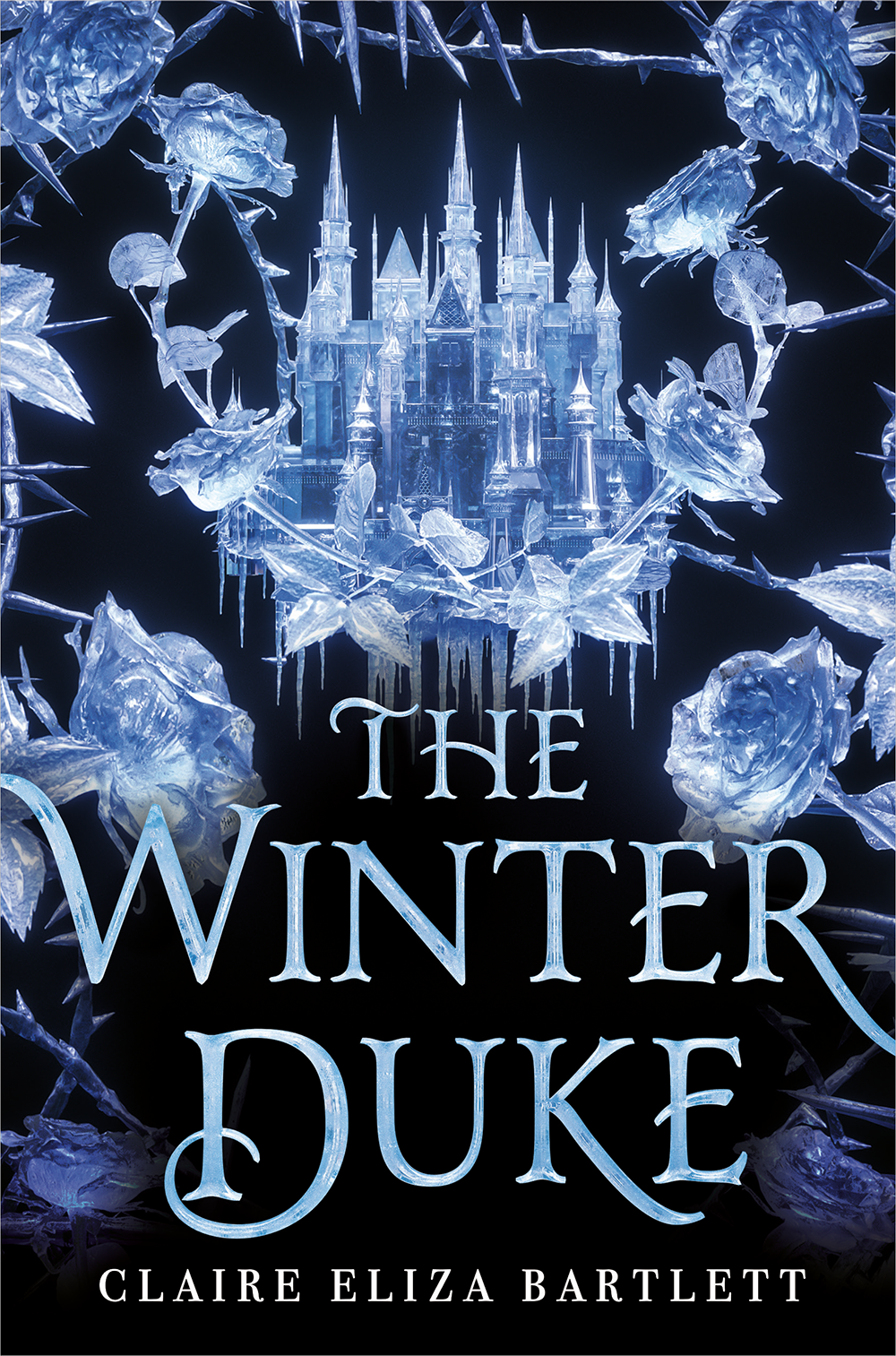Amazon Affiliate Link | Bookshop.org Affiliate Link Every year the witch queen of Caldella must choose a lover from the town to sacrifice to the dark tide, saving the island and its people from annihilation. Every year another boy is taken and everyone accepts it. But when Lina’s brother is in danger of becoming theRead More
Marieke reviews The Winter Duke by Claire Eliza Bartlett
This was a mildly frustrating read, and depending on what you’re looking for in your fantasy romance this may or may not be for you. In premise it’s relatively similar to Queen Of Ieflaria or Of Fire and Stars: a woman of royal heritage is expecting to marry a male royal of another country, butRead More

